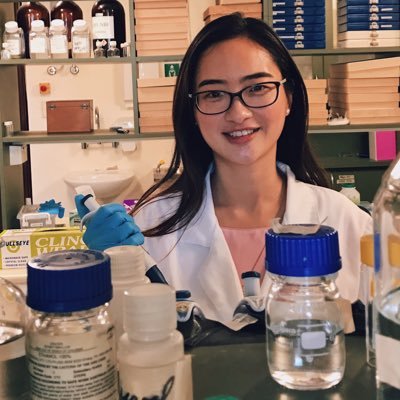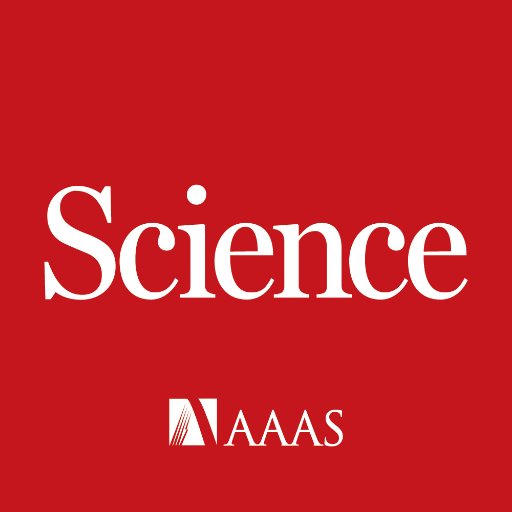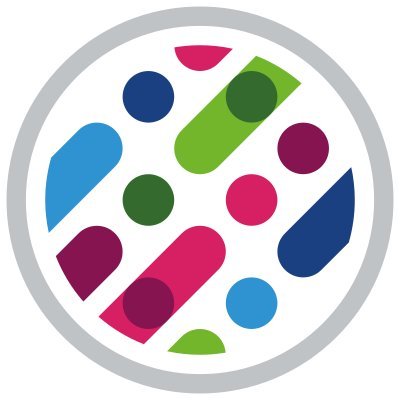
Pankaj kapahi
@kapahi_pankaj
Followers
3K
Following
6K
Media
54
Statuses
3K
Professor at Buck Institute & UCSF | senior editor E-life | dietary restriction, TOR, glycation, aging, senescence,
California, USA
Joined August 2018
We show a novel role for glycogen in neurons in protection against dementia. Glycogen accumulation is seen in fly, iPSC and human post mortem samples of Alzheimer’s disease. Breaking down glycogen rescues tauopathy by reducing ROS by enhancing PPP.
8
14
59
Glucagon receptor signaling is indispensable for the healthspan effects of caloric restriction in aging male mice @GeroScienceAGE
link.springer.com
GeroScience - Obesity and type 2 diabetes mellitus accelerate aging, shortening the duration of healthspan. Conversely, chronic calorie restriction (CR) extends healthspan. Research aimed at...
3
7
31
This is the neuroplasticity theory of depression. Rather than a serotonin deficit, it focuses on restoring connections between brain regions involved in mood & reward.
49
368
2K
Shutdown Could Leave 750,000 Federal Workers Furloughed | TIME
time.com
The projections, sent to lawmakers on Tuesday, highlight the sweeping consequences of a lapse in federal funding.
0
0
1
I'm so excited to be hiring my first postdoc! If you love retinal biology and developing new therapeutics to cure blindness, please apply! Thank you to the @brightfocusfoundation for supporting my research and enabling me to grow my research team! https://t.co/DsM8zDHIG2
2
4
18
Targeting the Cerebellum Could Ease Alcohol Withdrawal Symptoms A new study highlights the cerebellum’s critical role in alcohol withdrawal, showing it influences not just movement but also emotion and addiction. In mice, researchers eased withdrawal symptoms by calming
3
4
20
"… as I helped this bright young scholar rediscover hope in her journey, I rediscovered my own." #ScienceWorkingLife
https://t.co/kjbsAGooOn
9
19
115
Now out in print: Targeting DNA damage in ageing: towards supercharging DNA repair. New perspectives how we could tackle cancer and aging at their mechanistic root cause: https://t.co/Soa95LMjyh
nature.com
Nature Reviews Drug Discovery - DNA damage to the somatic genome has been identified as a major cause of ageing. This Perspective provides an overview of current understanding of the role of genome...
4
20
98
This AI tool predicts your risk of 1,000 diseases — by looking at your medical records Trained on 400,000 medical records, the system can predict risks 20 years in advance — plus, how AIs could make you more likely to cheat 🔗 https://t.co/sbzTl5qDwT | Interview & image:
0
1
9
i was thinking about how academics lean left, but doctors, bankers, and engineers lean right, and how the difference is probably just money. if republicans really wanted to convert academics into conservatives, probably all they'd need to do is just pay them more.
71
47
552
not our usual venues: a new paper from our group in which we contributed the high-resolution, ex-vivo MRI imaging of mouse body with almost histological resolution:
0
1
3
Purpose = brain health A strong sense of purpose in life was linked to a 28% lower risk of cognitive impairment in a 15-year study The protective effect held even after accounting for depression, education, and APOE E4 (genetic Alzheimer's risk)
17
94
526
Membrane Biology: Nothing can replace polyunsaturated lipids Genetic studies reveal that polyunsaturated lipids do more than simply increase the fluidity of the cell membrane. https://t.co/L7Vyzbfl5P
0
8
38
Got to love studies that were clearly conducted "for the love of the game" (“self-decapitating sea slugs”, “plants that see and use that for mimicry”, “worms that jump in the air”, aka papers you sometimes find in @CurrentBiology). References to all of this bellow👇
2
4
35
Why science matters. Vaccines don’t just protect us against infectious diseases. Studies have found that many vaccines may be associated with a reduced risk of dementia.
45
145
593
The Kids-These-Days Effect Every generation thinks the younger generation is going to the dogs - a tendency that traces back to at least 624 BCE. A fascinating study explores where this perception comes from, and finds two main culprits. [Link below.]
18
61
359
In med school, I learned that Huntington's disease was one of the most devastating inherited conditions. It caused progressive neurological decline, starting around age 30. There was no treatment. Now, Huntington's has been treated for first time. This is why we fund science.
508
14K
139K
Lifelong Social Bonds Can Slow Biological Aging at the Cellular Level A study of more than 2,100 adults reveals that deep, long-term social connections can slow biological aging. Using epigenetic clocks like GrimAge and DunedinPACE, researchers found that people with strong
8
58
210



















